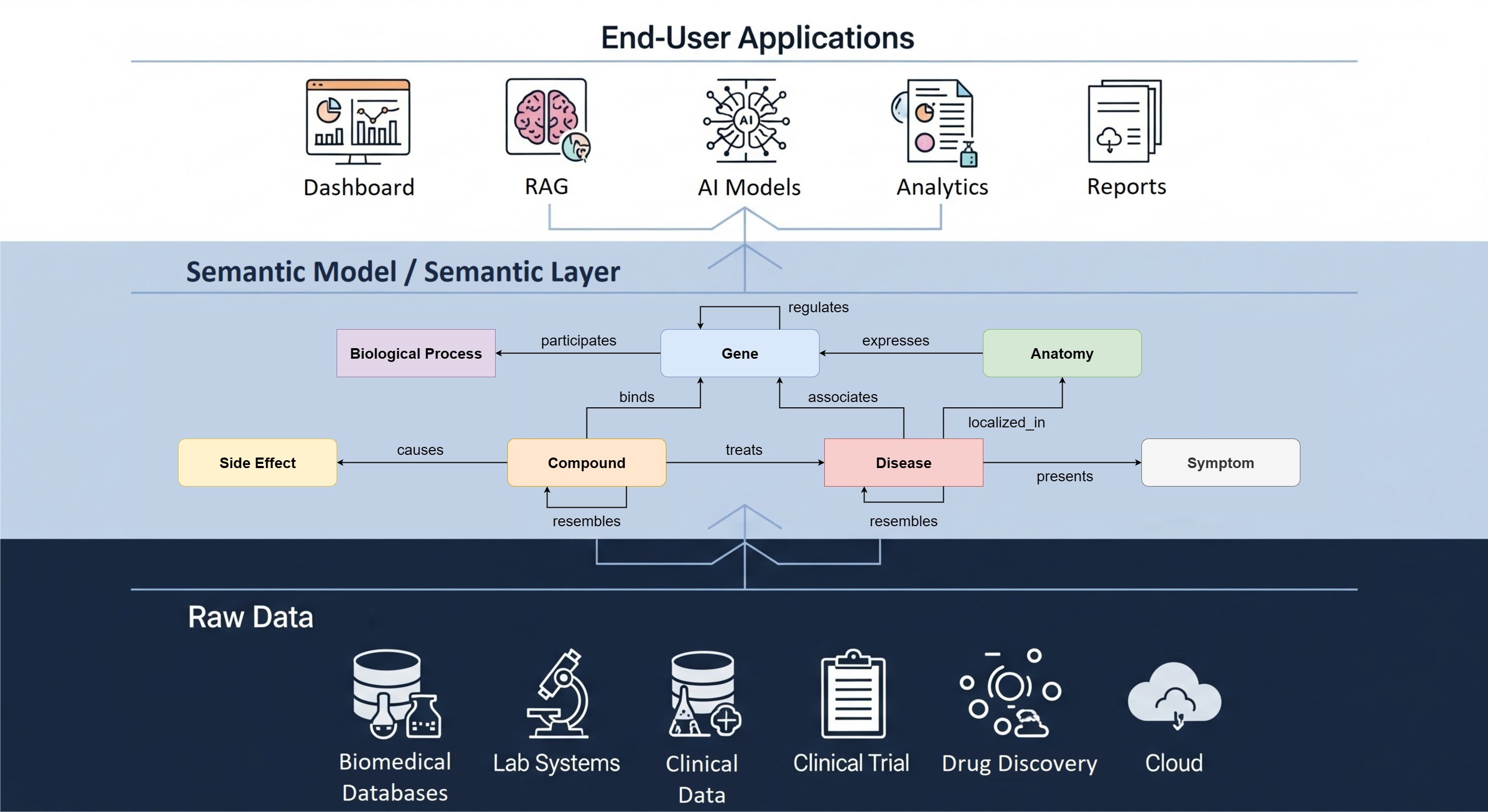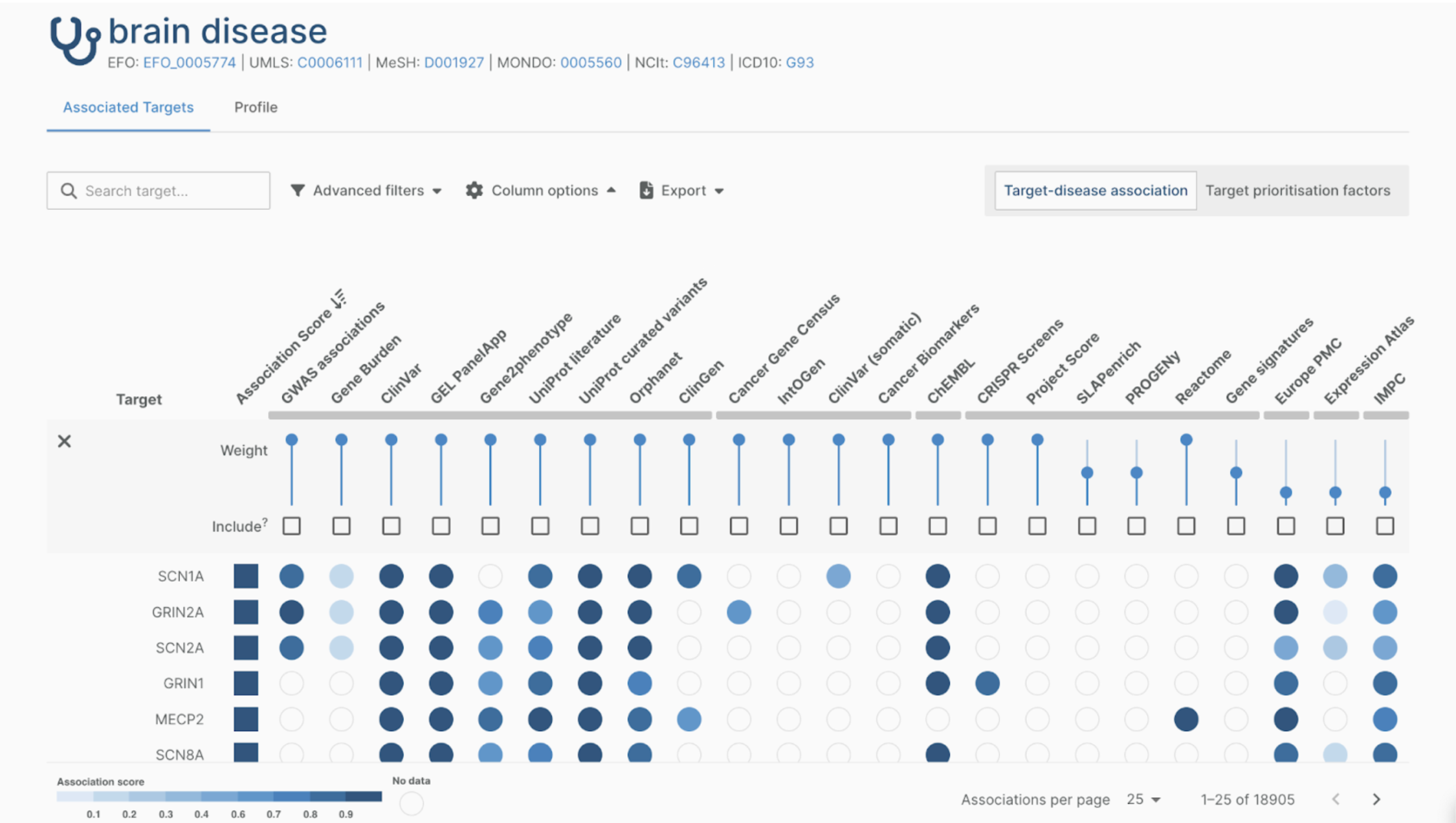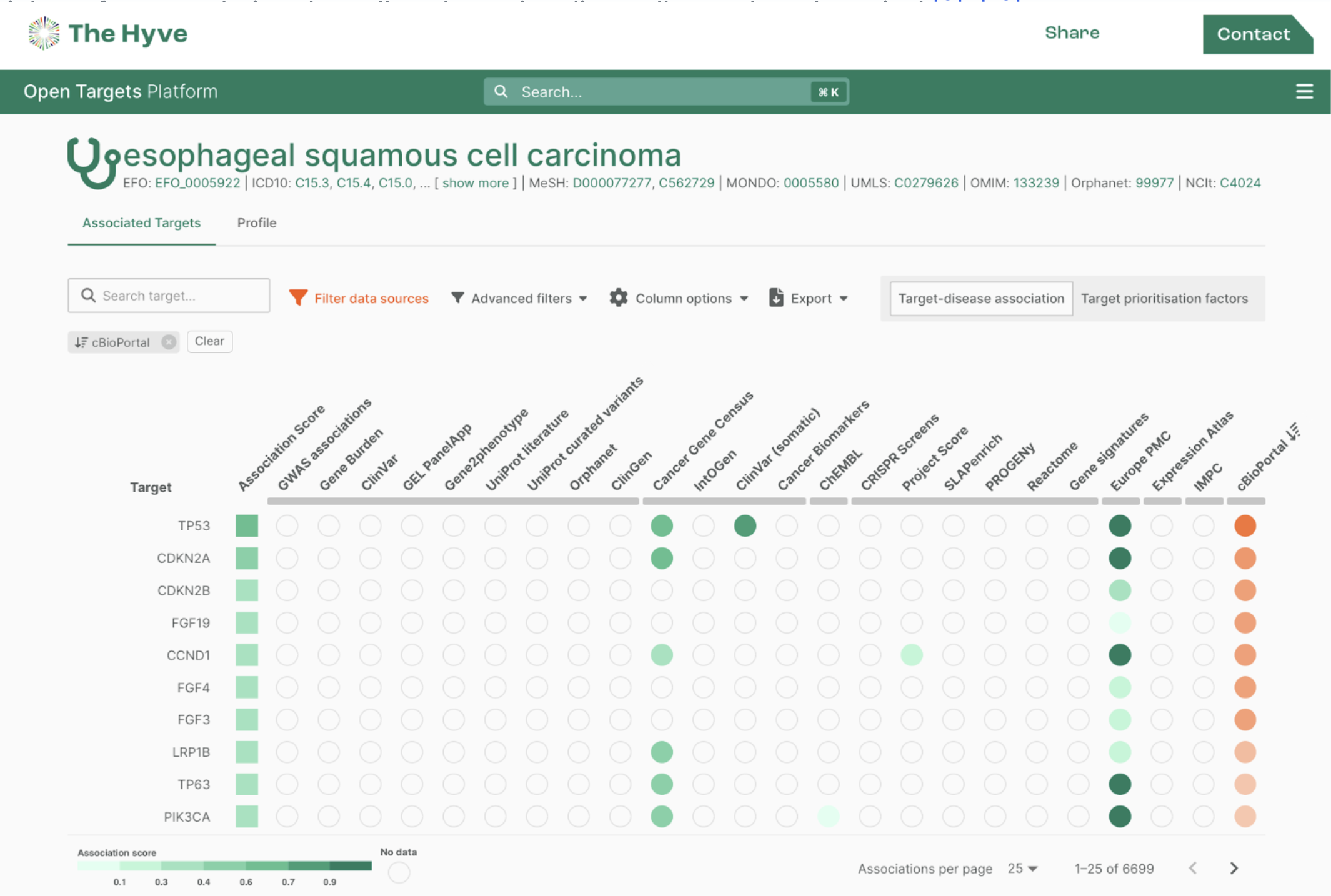What is a studyathon?
A studyathon is a focused multi-day meeting to generate medical evidence on a specific topic across different countries and health systems. For instance, the first EHDEN/OHDSI studyathon in December 2018 focused on knee replacement, and eventually led to an article in The Lancet Rheumatology. I wasn’t able to make it to Oxford at that time, but I sat down with the main organizer of the studyathon, Dani Prieto-Alhambra, and interviewed him on how it was organized and what it was like to run this.
Why are you organizing a studyathon on prostate cancer?
It sort of just happened - I was excited about organizing a studyathon for some time, because it matches well with The Hyve’s focus on open science. The Hyve is involved in several European projects, not only EHDEN which is building a European network of health data sources, but also for example PIONEER on prostate cancer, and BigData@Heart for cardiovascular diseases. So when I started looking around for a good topic to organize one, I found a natural fit with the PIONEER project - where we already were committed to using OMOP as a data standard and also have a ranked list of important medical questions. I’ve raised it a couple times in the consortium meetings of both projects, and last year we already had a preparatory PIONEER hackathon to understand the technical aspects better. Next week, it will finally happen: a joint PIONEER / EHDEN / OHDSI studyathon on prostate cancer!

What is so special about doing a medical study this way?
Normally, a regulatory-grade medical study on topics like this across many databases worldwide would take many months, if not years to organize and run. By concentrating much of the effort, but especially the exact design and execution of the study in the studyathon, you can literally generate medical evidence in just a couple of days. But maybe the aspect I like the most is the multidisciplinary nature: you have clinicians, epidemiologists, computer scientists, data scientists, bio- and medical informatics experts and patients all coming together to answer an important question that for some reason matters to them. It generates its own unique energy, it’s hard to describe but I can encourage everyone to join one.
Is there one studyathon that stands out to you?
Yes, I think the COVID-19 studyathon in March 2020 was quite special. We were planning to gather in Oxford for the OHDSI EU symposium, when suddenly the coronavirus pandemic hit, and almost naturally we refocused our efforts on studying this new disease - in fact, 11 preprints and so far 3 top journal articles were the outcome of the 4 days we gathered virtually to study this new disease. One of the topics was the safety of hydroxychloroquine, which before that was a generic drug mainly known to rheumatoid arthritis patients, but suddenly became world news when the U.S. president presented it as a cure for the viral disease. It’s worth listening to the story of Jenny Lane, who was the main author for that study, which also became an important input for the European Medicines Agency (EMA) to provide guidance on the use of the drug for that purpose.
What is your advice for people that would like to learn more about this?
The OHDSI community is a major breeding ground for these ideas, and I can encourage everyone to join the weekly OHDSI community calls to just get an idea of it. The Book of OHDSI is also an excellent resource, and from EHDEN, we have a EHDEN Academy where you can follow interactive courses to learn more about medical evidence generation, how you use OMOP/OHDSI and what it takes to format your organization’s medical data into OMOP. And of course, a great way is to get in on the action and join our studyathon!


